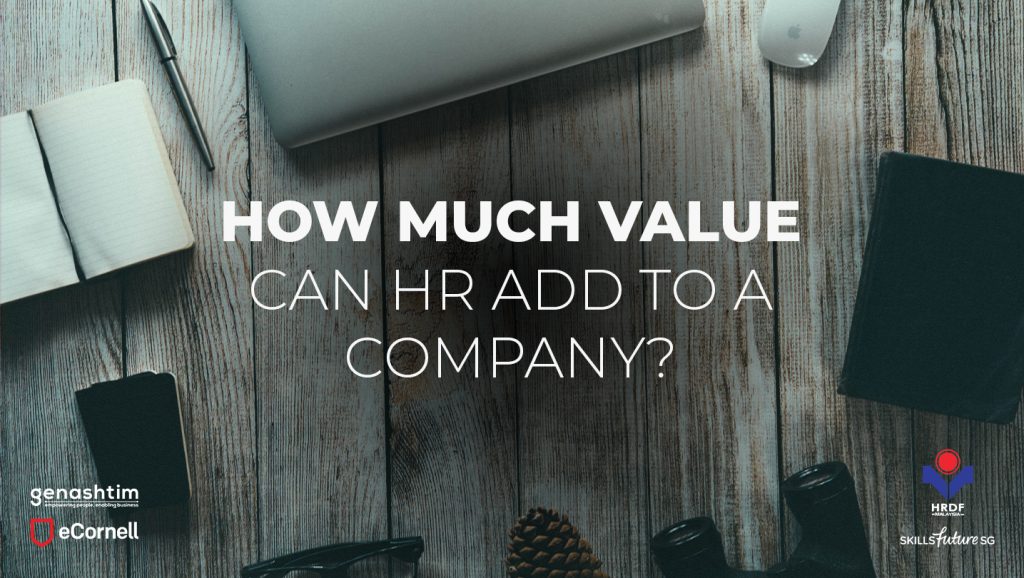How Much Value Can HR Add to A Company?

The HR function represents a significant cost for companies. In addition to training and development, there is a range of other programs that require heavy financial investment. In light of the importance of these initiatives and the hefty costs involved, it is necessary for HR practitioners to show the worth to the company of the substantial financial investment pumped into these efforts. Writing on Small Business Chron, Tia Benjamin sheds light on how HR professionals can prove the value of their profession through the calculation of the return on investment (ROI) on the programs they carry out.
The ROI is a measurement that shows the financial benefit to the company from an investment made in some undertaking. It “measures the financial return on an investment made.” In its broad application, ROI also quantifies a company’s performance by calculating its net profit as against its total net worth in addition to being used to assess less far-reaching projects and programs.
The importance of HR to the overall business strategy has grown and been highlighted over recent years. This department is now viewed as a business partner of the company rather than just a support services department. As such, HR must demonstrate its credibility, and this is achieved in part by its use of measurable data or metrics. In this way, top management can determine the precise ways in which the HR function profits the company and adds to the bottom line.
ROI metrics give HR the power to measure the worth of practically all HR services based on an established financial cost. A practical example is the lowered costs of work-related injuries which result directly from enforcing and practicing the tenets of a new occupational health and safety program. The ROI on the company’s human capital can be obtained by dividing the company’s net revenue by the cost of salaries and benefits. The ROI for specific projects and programs is calculated differently.
eCornell’s program in HR Analytics can be availed to learn how to value HR initiatives, among other knowledge areas.
eCornell courses are approved by SkillsFuture Singapore for SkillsFuture Credit as well as by HRDF Malaysia under its SBL Scheme.
